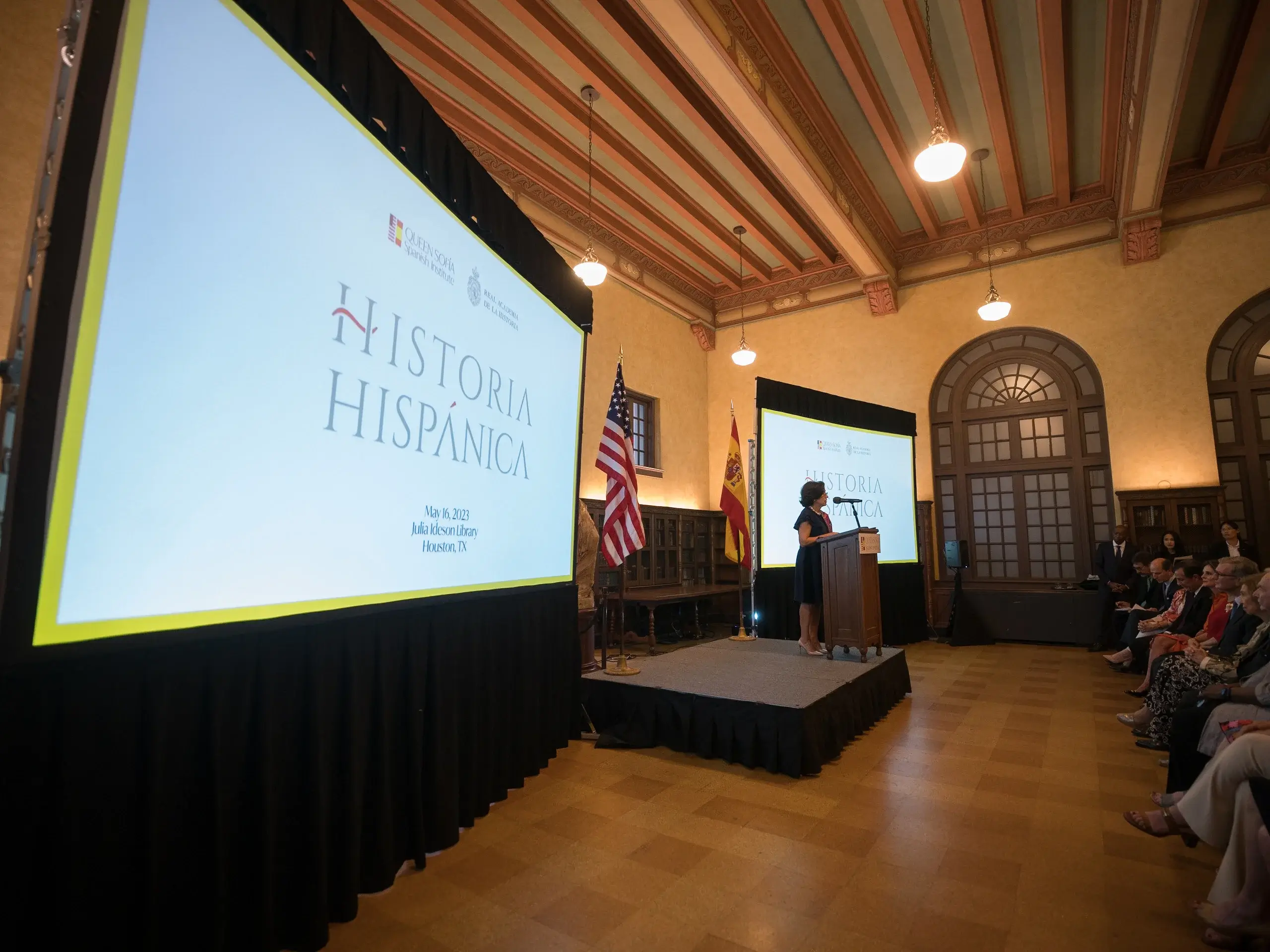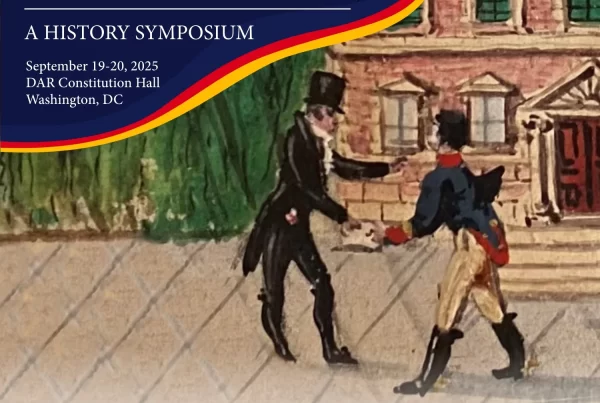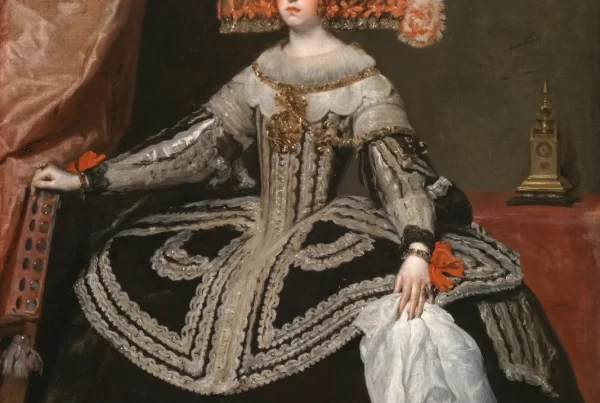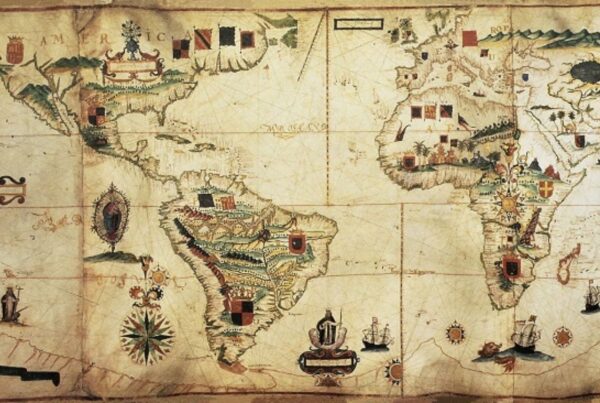Her Majesty Queen Sofía presided over the U.S. debut of the innovative portal “Historia Hispánica” in Houston, TX.
This academic ceremony was hosted by the Queen Sofía Spanish Institute in conjunction with the Royal Academy of History of Spain at the historic Spanish Rennaissance-style Julia Ideson Library of Houston.
The Queen Sofía Spanish Institute hosted a special presentation of the Royal Academy of History’s Portal of Hispanic History on May 16th in the presence Her Majesty Queen Sofía of Spain.
Introduced for the first time in the Americas, the groundbreaking academic tool was unveiled to Houston Mayor Sylvester Turner and an audience of 250 invited guests in the historic Spanish Renaissance-style Julia Ideson Building at the Downtown Houston Library. Civic leaders, diplomats, scholars and QSSI supporters attended the presentation of the unique resource that has amassed the world’s most extensive database of historical figures and events across Hispanic history.
The presentation commenced with introductory remarks by Mayor Turner, who stated “We consider it a privilege that Her Majesty has chosen the City of Houston to present the Portal of Hispanic History in the Americas for the first time, and we look forward to utilizing this invaluable historical resource to deepen our understanding of our shared history.”
During the welcome remarks, Begonia Santos emphasized the deep rooted connection between Texas and Hispanic History. “Amarillo, El Paso, Nueces, Riviera, Río Bravo, Río Grande, El Dorado, Matador, Rosita, Matagorda and Isla del Padre,” stated Santos. She added, “Most of you are thinking that I am speaking Spanish when I pronounce these words, but I know that these Spanish nouns and adjectives conjure in all of you the images of places, maybe even of moments in your personal lives, here in Texas.”
Dr. Jaime Olmedo, Technical Director at the Spanish Royal Academy of History, and Dr. Raúl A. Ramos, Associate Professor of History at The University of Houston, gave a detailed demonstration of the Portal while highlighting biographies pertaining to some Spanish historical figures who played a profound role in the founding of Houston and Texas. “The contributions of explorers and geographers like Alonso Álvarez de Pineda have shaped a globalized world for the first time in history” emphasized Dr. Olmedo.
The Royal Academy of History is the first institution of its kind to have geolocated its entire history, encompassing the history of Spain and the territories that were once under its Administration throughout history. The Portal integrates the electronic Biographical Dictionary of Spain, with its more than 50,000 interrelated biographies and over 20,000 events in Hispanic History.
Free and accessible to the public, the Portal of Hispanic History is an enormously useful tool for researchers, students and professors of diverse specialties, including art, history, geography, science and more. “The portal connects this history to a longer story and a wider geographical frame. Free from these limits of time and place, a new story begins to take shape with a more accurate and inclusive story,” affirmed Dr. Ramos.
A cocktail reception provided by acclaimed Spanish restaurants MAD and Rocambolesc followed the presentation in the downtown library’s upstairs Tudor Gallery, including the gallery’s namesake patron Phoebe Tudor, QSSI Board Trustee Dixie Deluca, Isabel Stude Lummis, Ignacio and Isabel Torras, Mari Carmen Ramírez, Joanne King Herring, Margaret Alkek Williams, Maha Khan, Melissa Sandefer, Maire Baldwin, Tama Lundquist, Celina Hellmund, April Salazar and Alicia Bryan as well as QSSI Board Members María Luisa Cánovas and Carmen Reviriego among others.
ABOUT THE QUEEN SOFÍA SPANISH INSTITUTE (QSSI)
The Queen Sofía Spanish Institute (QSSI) is a New York-based nonprofit corporation founded in 1954 by a group of American Hispanophiles who sought to stimulate American interest in the art, culture, customs, language, literature and history of Spain and the Spanish-speaking world. QSSI keeps this vision current by striving to share the contributions of Spanish-speakers to the history and culture of the United States and by showcasing the excellence of the Spanish-speaking world in numerous fields so that lasting ties of friendship may be formed, mutual understanding promoted, and bonds of peace strengthened.













